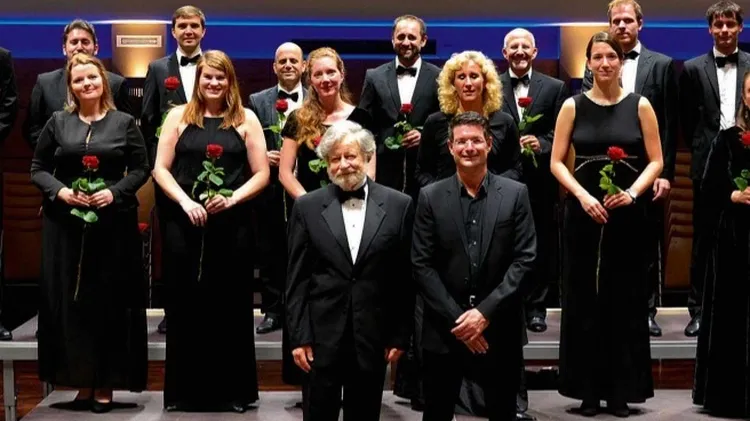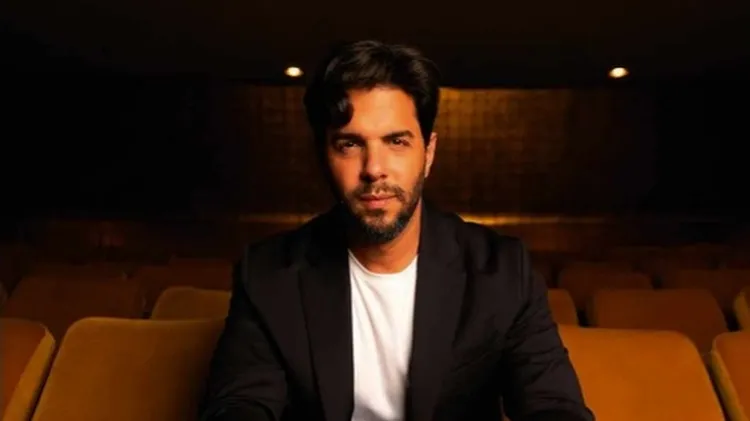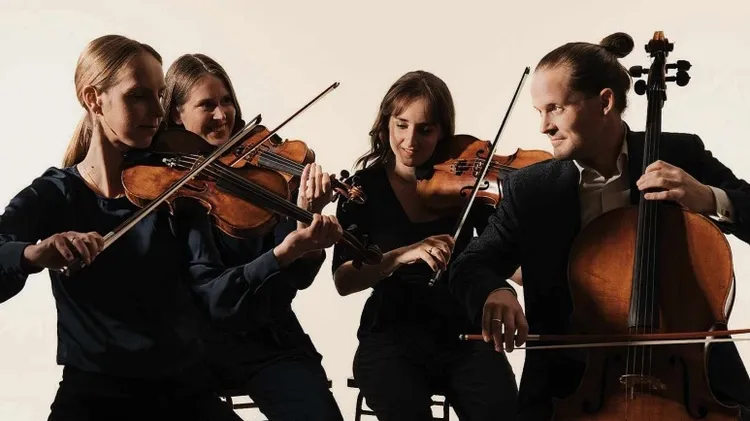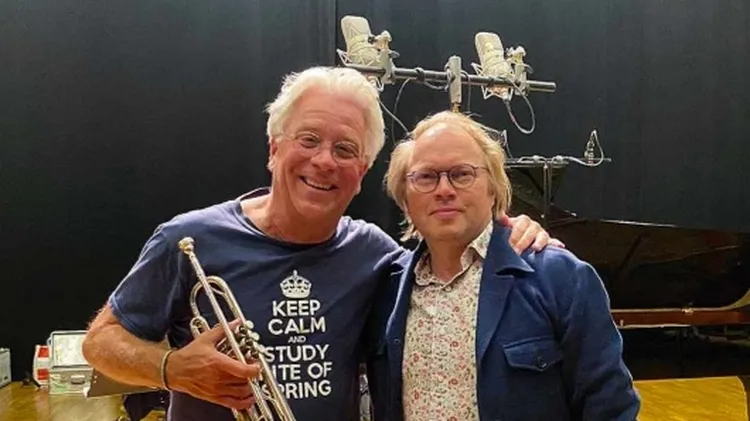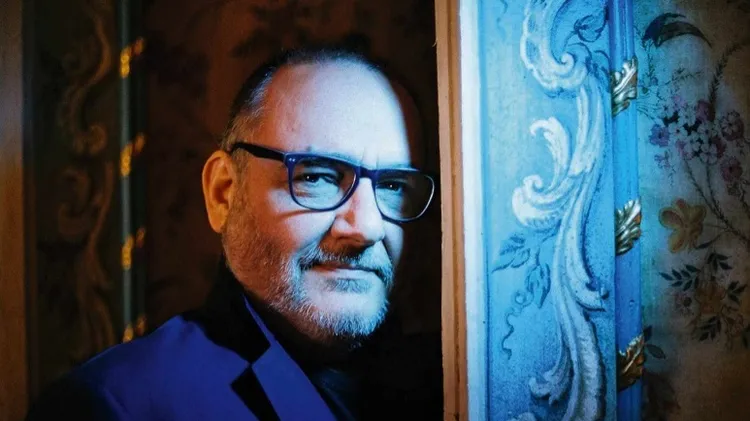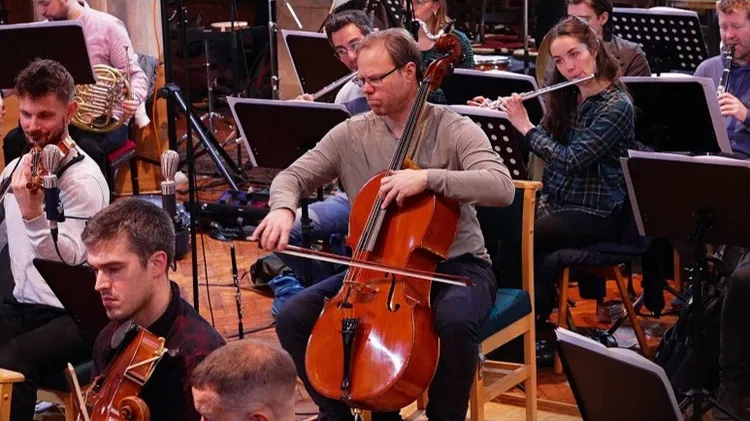As he celebrates his 80th birthday, the Welsh composer speaks to Amanda Holloway
Karl jenkins
7 min read
This article is from...
Read this article and 8000+ more magazines and newspapers on Readly

